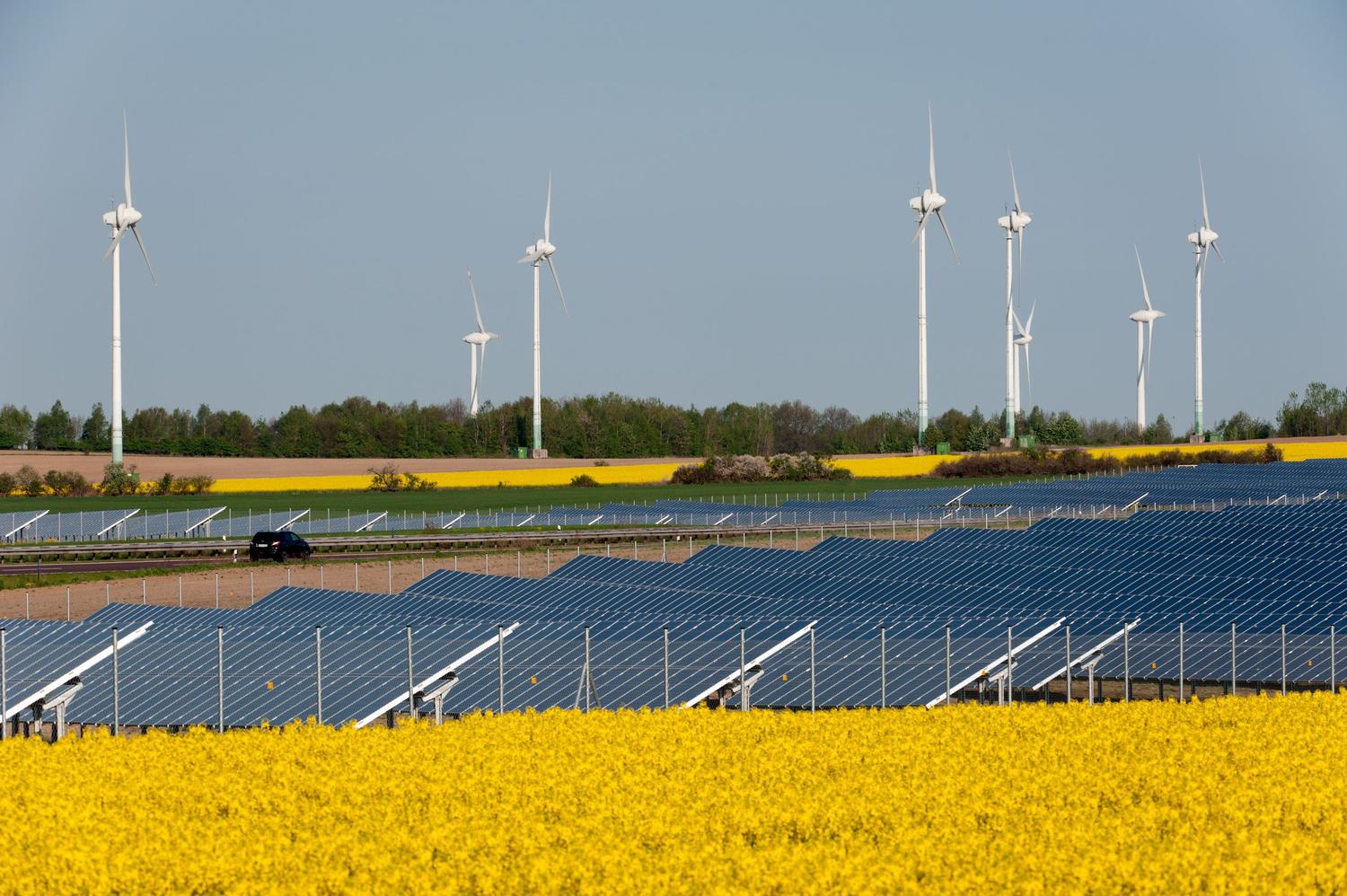The renewable energy industry apparently believes that its responsibility in the proposed energy transition is take maximum advantage of federal and state subsidies, incentives, preferences and mandates by installing as much generating capacity as the industry participants can finance and get connected to the grid. The industry also believes that the grid should accept all of its output whenever it is available. The opportunity the industry perceives is the result of Net Zero by 2050, all-electric everything, and the selection of wind and solar as the winning technologies. Would that life were so simple.
The renewable energy industry believes that it should be free to install its generation facilities at whatever locations and that the operators of the existing electric utility grid should be responsible for extending the grid to their facilities.
The renewable industry is aware that the output of its facilities varies minute-to-minute, hour-to-hour, day-to-day, week-to-week, month-to-month, season-to-season, and year-to-year. The industry believes that it is the responsibility of the grid operator to smooth renewable generation output, to fill in the gaps when the generators are not operating, and to manage the generation of the difference between the available renewable energy and the contemporaneous demand on the grid.
The renewable energy industry is aware that the electricity it generates displaces energy which would otherwise have been generated by the conventional generators which serve the grid. The industry also recognizes that this displacement reduces the cumulative output and the revenues of the conventional generators, including utility owned generation. The renewable energy industry believes that this is not their problem; and, realizes that it actually benefits their industry by increasing the prices the conventional generators must charge to remain profitable, and thus the prices paid for their renewable energy as well.
The renewable energy industry is aware that, as conventional generators leave the grid as renewable generation increases, conventional generators age out or are required to cease operation by government edict or because their operation has become uneconomic, the gaps in renewable generation would have to be filled by withdrawals from electricity storage systems. The industry also realizes that the transition from conventional generation backup to storage backup would create demand for additional renewable generating capacity. The industry accepts no responsibility for the need for electricity storage to provide a stable and reliable grid.
The renewable energy industry understands that the expansion of intermittent generation of the electric utility grid adversely affects grid stability and reliability and complicates the effective management of the grid. However, the industry accepts no responsibility for these issues and places that responsibility solely on the grid operators.
The renewable energy industry also holds the grid operators responsible for the fact the industry cannot get new renewable generating capacity connected to the grid as rapidly as it would like. Difficulties with receiving regulatory approvals for transmission grid expansion is viewed as not being the renewable energy industry’s responsibility.
FERC, NERC and several ISOs and RTOs have recognized the potential reliability issues facing the grid and have become more vocal regarding the need for caution as the energy transition proceeds.
With apologies to Ronald Reagan:
The renewable energy industry is like a baby. An alimentary canal with a big appetite at one end and no sense of responsibility at the other.
